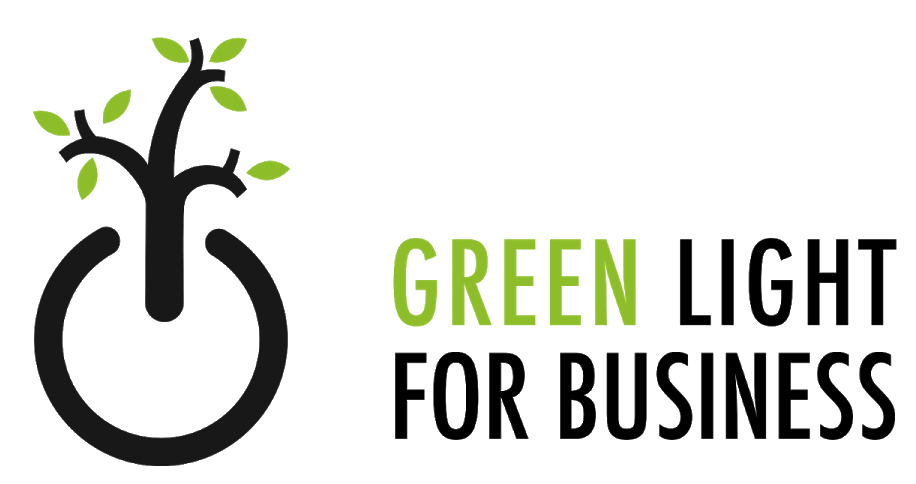The origins and importance of Slow Food
Slow Food was created by Carlo Petrini in Italy in 1986 as a movement in response to the growth of fast food across the peninsula. Nowadays, it is a big non-profit international association present in 150 states around the world. Its mission is to “prevent the disappearance of local food cultures and traditions, counteract the rise of fast food and fast life, combat people’s dwindling interest in the food they eat, where it comes from, and how our food choices affect the world around us”.
The Slow food movement goes after a food system that is:
- Environmentally sustainable, that maintains the quality and renewability of naturalresources over time, preserves biodiversity, and maintains the integrity of the ecosystem
- Economically sustainable, food that generates long term income and jobs, reaching eco-efficiency and providing an environment in which quality prevails over quantity
- Socioculturally sustainable, guaranteeing fair access to fundamental rights and conditions of well being within a community ‘Food must be good, clean and fair’. Slow Food motto reflects the characteristics food should have to be considered sustainable. Good stands for a fresh and flavorsome seasonal diet that satisfies the senses and is part of the local culture; Clean is a synonym of food production and consumption that does not harm the planet, living plants, and animals; Fair is the attribute of how conditions and pay for producers should be. ‘Slow’ food is diverse, non-standardized, not globalized; it is food that originates in culture and community. Slow Food principles are fundamental to sustaining a livable planet. Production, distribution, and consumption of food are among the main factors driving climate change and social injustice. Human beings control the destiny of a million different species of plants and animals and we have the unique responsibility not to destroy them. Biodiversity has been since the beginning at the center of Slow Food Mission, which aims to defend biodiversity on many levels, from genetic biodiversity to ecosystem diversity Slow Food promotes the protection of domestic biodiversity, first and foremost through knowledge (i.e. mapping of traditional products, native breeds, and local edible plant varieties and ecotypes through the catalog known as the Ark of Taste), by supporting and promoting specific supply chains. One successful model for protecting biodiversity is the Slow Food Presidia project which aims is to protect native breeds, local plants, and products. Slow Food strongly believes that food waste and loss must be fought, and that to do that it is necessary to restore value to food and sacrality to the moment of its consumption. Slow Food defends traditional knowledge, as a source of wisdom and know-how that lies at the core of technical and scientific learning. In the fast-paced world we live in, where convenience plays a key role in our relationship with food, we should really ‘slow’ down and celebrate the food we eat by taking steps to protect our culinary heritage, respect land, and our planet.




